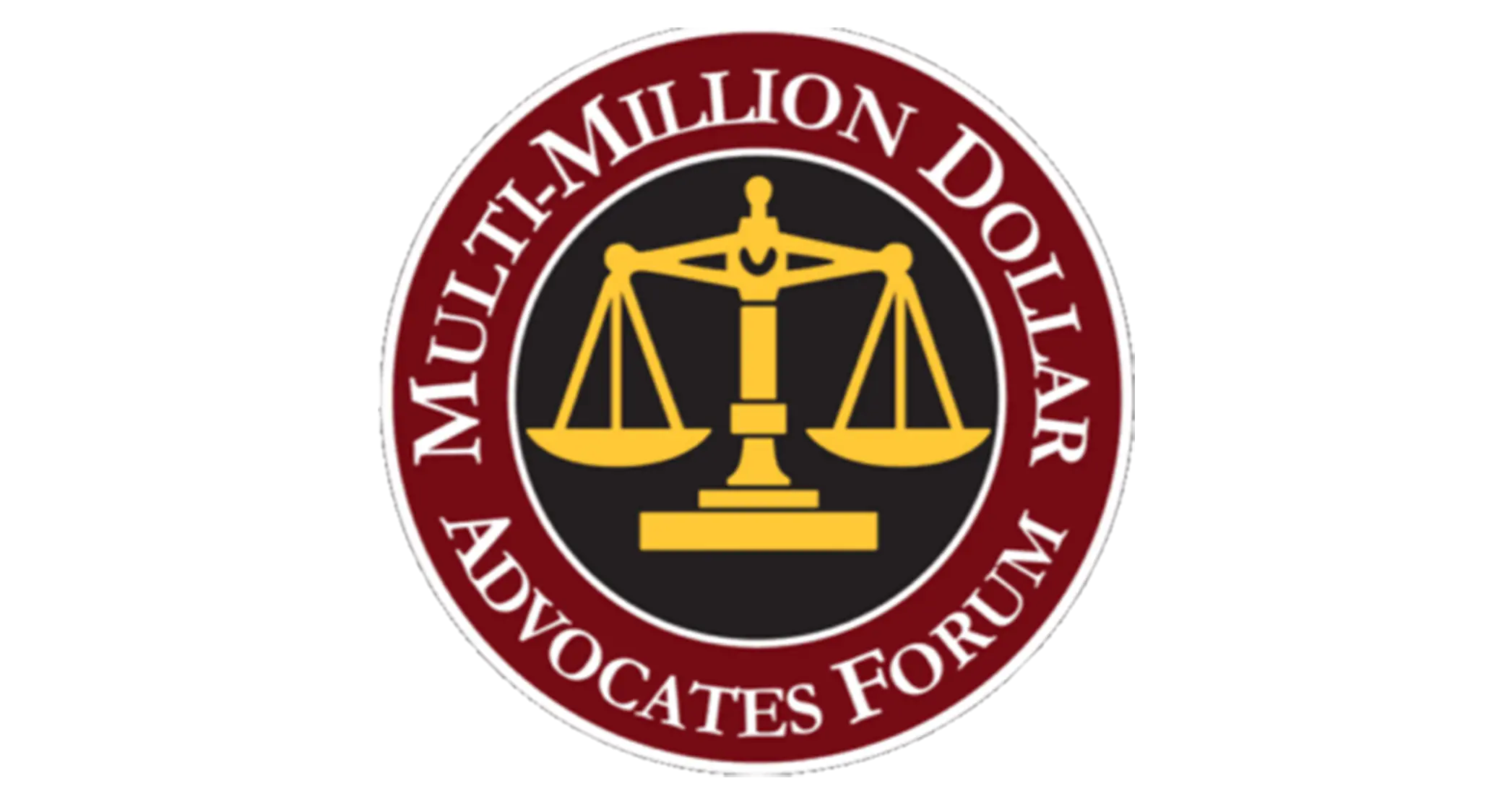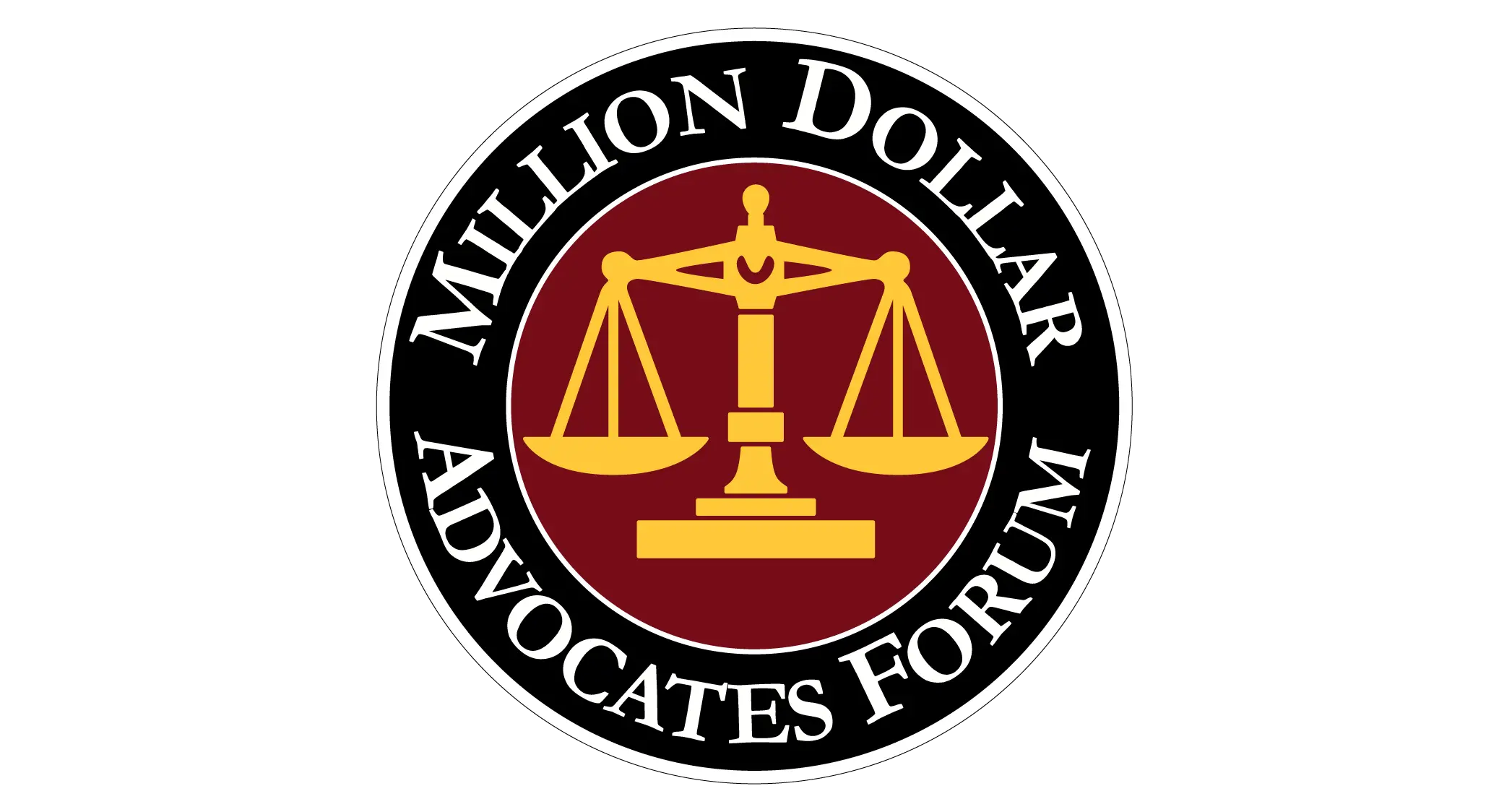The Hazards of a Nice Game of Golf
“Golf is a good walk spoiled” is a line usually attributed to Mark Twain. If you are a fan, you likely understand the fascination—and the frustration—of playing a round of the game that has roots in Scotland that go back as far back as 1457.
But golf isn’t all green grass, sunshine, and time with friends at the 19th hole. Golf, one of the very few sports where players wear no protective gear at all, can actually be dangerous. While serious injuries are not common, when they do occur, it’s possible that someone could be considered liable for causing a personal injury under the legal concept of negligence.
Golfing Statistics
It’s estimated that between 24 and 29 million people in the U.S. play at least 465 million rounds of golf each year. That’s a lot of good walks (or these days, rides in golf carts).
As of 2012, according to the U.S. Census and the American Golf Foundation, three-fourths—76 percent—of golfers are between the ages of 30 and 69. Of the many millions of golfers in this country, around 77.5 percent are male and 22.5 percent are female. The game of golf drives a $70 billion economic engine annually; this same engine funds at least $4 billion yearly in charitable donations.
What Are the Risks of Golf?
Players can be injured, spectators can be injured, and so can third parties such as pedestrians, or even motorists driving past the course. If proper safety rules are not in force, or if they are not followed, those in charge could possibly be held liable for damages. Injuries are sometimes serious, even deadly. Considering that a golf club drives a ball with around 1,400 pounds of force, the ball can strike with injurious intensity.
Some of the following hazards are to be expected, but certain situations might be considered on the unusual side:
- Being struck by golf balls. Players, spectators, and third parties can all be victims of an errant ball. Generally, players and spectators at tournaments are considered to be participating with the full knowledge that something can go wrong. However, at times the fault is due to a player’s not providing sufficient warning (yelling “Fore!”). Occasionally, course design can be at fault, leading to serious injury on the part of third parties (pedestrians, motorists, and others not even on the course). In such a case, course designers and course owners might be considered negligent.Some players are even urging those who enjoy the game to buy personal liability insurance. Should you think this practice excessive, note that a doctor sued the opponent who blinded him on a Long Island, NY, course with a stray shot. Although the suit did not succeed, one in England did, to the tune of $120,000.
- Golf cart accidents. While golf carts are a wonderful innovation, a careless golf cart driver can easily injure others, including those not even playing the game, such as spectators or pedestrians. Golf cart injuries are a major cause of accidents both on the course and off.
- Golf course design or maintenance mishaps. In certain cases, the designer of a course could be held liable for injuries sustained on the course—or off, in the case of third parties who suffer harm. Likewise, shoddy maintenance that results in injuries such as a fractured ankle from uneven ground can be deemed the fault of the course’s owner, their grounds maintenance organization (if separate), or both.
- Heart attacks on the golf course. The leading cause of death on courses is sudden cardiac arrest. The courts are divided as to whether courses have a legal responsibility to provide portable AED devices (defibrillators), along with trained personnel to use them.
- Spectator injuries. Courses have a duty to provide barricades or signs that demarcate a spectator area, so that the risks are apparent to all attending. While it is generally assumed that spectators do assume some risk, the area where people watch the action should be marked as such and should also be considered a reasonably safe area from which to watch.
- Lightning Injuries. Yes, it’s a natural occurrence, and usually golf courses are not liable because someone was struck by a bolt from the blue. However, with improvements in weather forecasting technology, it’s possible that, in the future, courses might be held liable for not stopping players from venturing onto the course. About 200 persons are hit by lightning each year, and about 30 percent of them are engaging in outdoor activities such as golf.
- Drinking water. If a course provides tanks and cups, and due diligence to keep the tanks clean is not performed, golfers can be sickened or even die. In a 2002 junior tournament in Arizona, a 15-year-old golfer died from drinking contaminated water on the course. The case was settled for $3 million.
- Security at the course. There can be thefts of personal property, crimes against golfers and others on the course, and vandalism to the course itself. Liability and findings of negligence can vary, depending on the circumstances.
- Drinking Alcohol. When alcohol is served at a golf course, the usual “dram shop” laws apply should someone injure another party after enjoying drinks at the golf course.
- Hazards such as snakes and wild animals. Appropriate warning signs by course owners should be posted when there is a danger from, for example, alligators or rattlesnakes.
One last point to consider: Those who buy homes on golf courses are usually considered to be knowledgeable about the risks they are taking by living there. Courses sometimes have easements to protect them legally from stray golf balls.
Seeking truth. Securing justice.
If you or someone you care about has been injured in a golfing accident or other sports accident and you believe negligence was involved, you have the right to ask for money to cover your medical bills, property damage, pain and suffering, and for any permanent disability or loss. In order to protect that right, you should speak with the experienced South Carolina injury attorneys at the The Louthian Firm Accident & Injury Lawyers as soon as possible. We have 80 years of experience helping injured South Carolinians seek justice, and we’re committed to ensuring that you get the best legal representation possible. For a free consultation, call us today at 803-592-6231, or fill out our confidential online case evaluation form.






